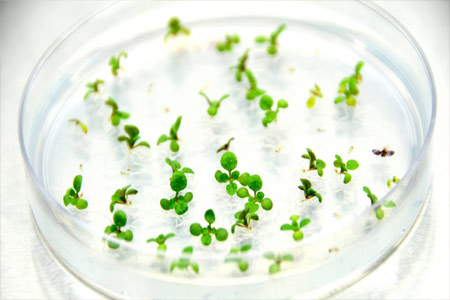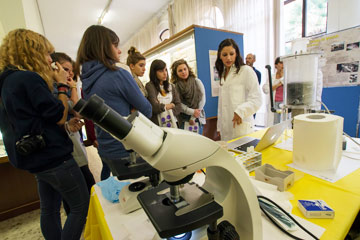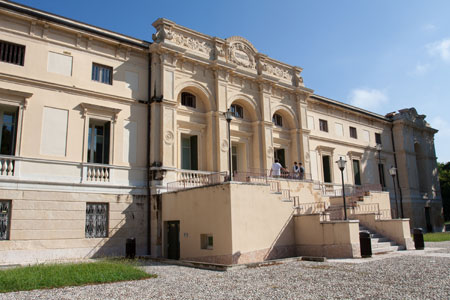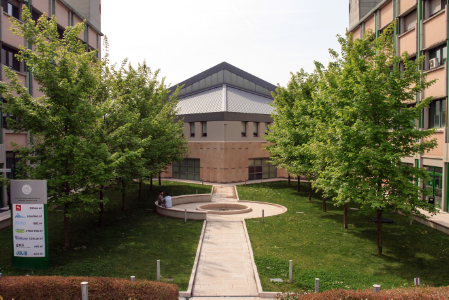The awareness of the need for a sustainable agriculture also from an environmental point of view led to an increased interest toward integrated plant defense approaches based on biocontrol agents. However, despite the interest toward this kind of sustainable agriculture, the molecular bases of biocontrol are still poorly characterized, also because of technical limitations in the analysis of bacterial genomes.
The aim of the project is to characterize the genome of a Burkholderia sp. strain, isolated as endophytes of Vitis vinifera and selected as potential biocontrol agent; to study and identify genes involved in the mechanisms of interaction with the plant and genes responsible of the biocontrol activity of the microbe.
To cope with the challenges due to the high variability in genome size and chromosome number among different strains of Burkholderia with different host specificities and biocontrol activities, ad-hoc methods will be optimized for the DNA sample preparation and sequencing and for the subsequent data analysis.
Thus, genomic DNA libraries will be produced and sequenced using the MinIon (Oxford Nanopore) platform which is based on the use of biological “nanopores” and allows to sequence big DNA fragments (>50Kb) necessary to reconstruct the biocontrol agent genome using a de novo approach without the need of any a priori information.
The data will be analyzed to assemble the Burkholderia genome. Annotation of the protein coding genes will allow to identify the putative genes involved in the interaction with the host and the biocontrol activity. thanks to the methods that will be setup, the industrial partner involved in the project (Biodiversa S.r.l.), already active in sequencing services on the human genome, will expand its portfolio with applications not yet commercially available such as the nanopore sequencing







